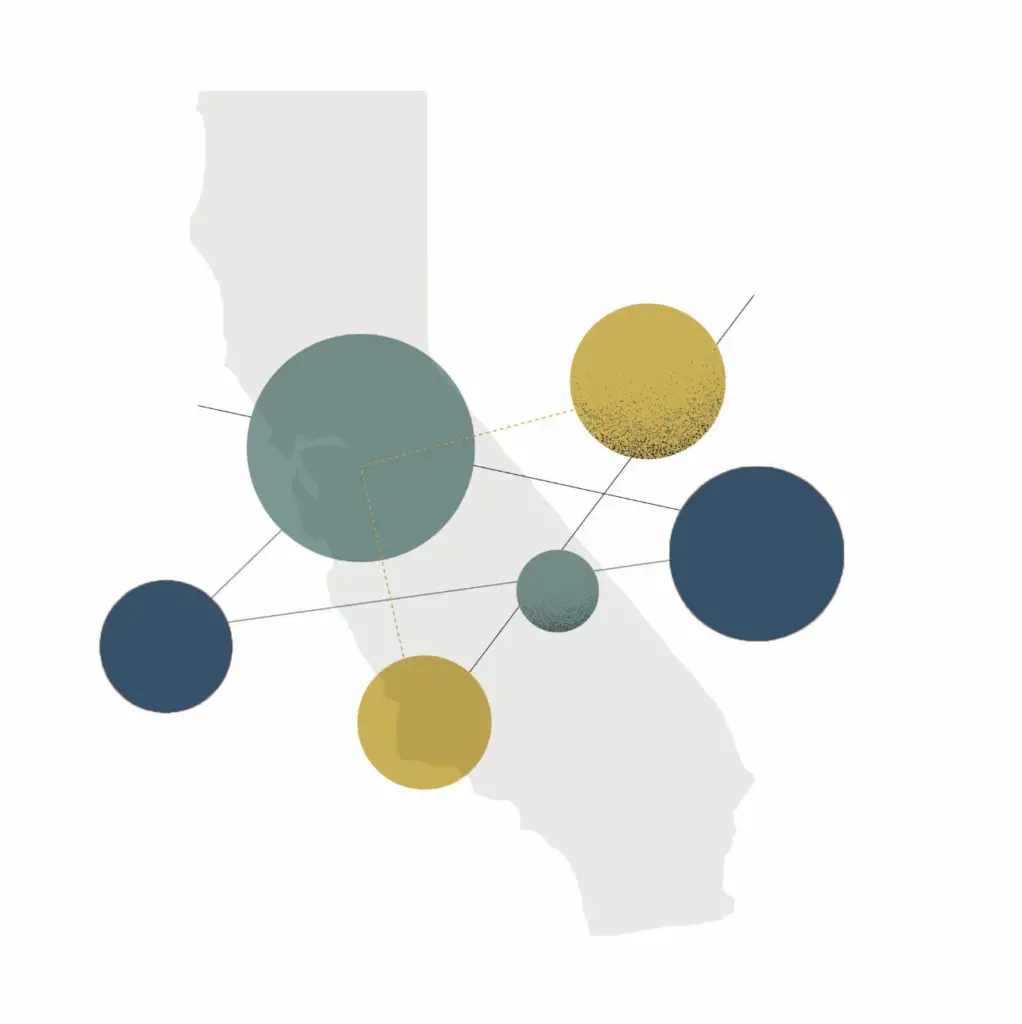
Communities most directly harmed by broken systems are often left out of conversations about how to make change. Developing new ways to ensure communities have a meaningful voice in the policies that affect them can move us towards a more holistic, stakeholder-engaged reimagining of our public systems.

When government changemakers and community members are equipped with skills, networks, and data, they are in a unique position to problem-solve together: identifying pain points, sourcing potential solutions, testing promising interventions, and inviting continuous innovation and recalibration.

Data-driven policymaking can ensure that all communities are well-served by their government, by rising above ideological arguments of the political moment, shining a light on disparities and systemic inequalities, and helping policymakers avoid unintended consequences that disproportionately affect marginalized communities.
